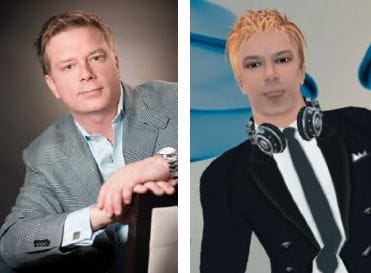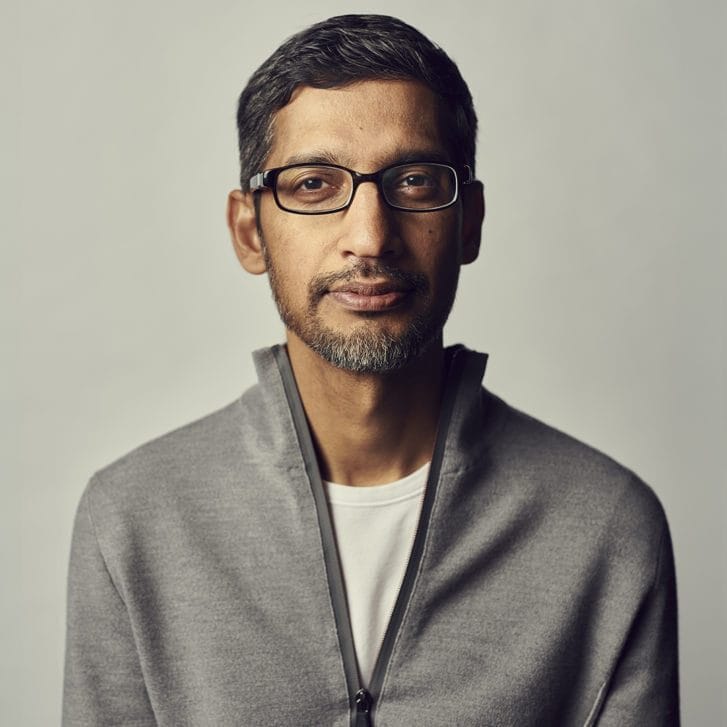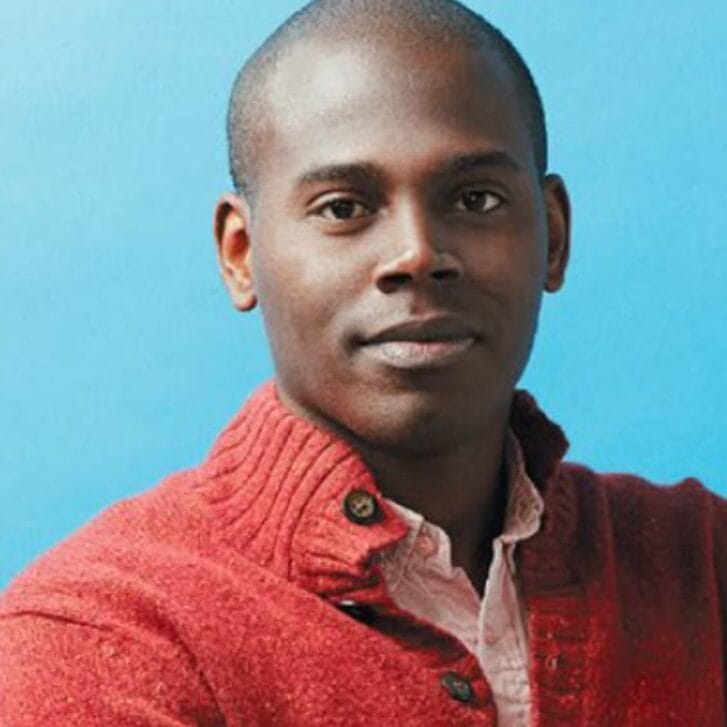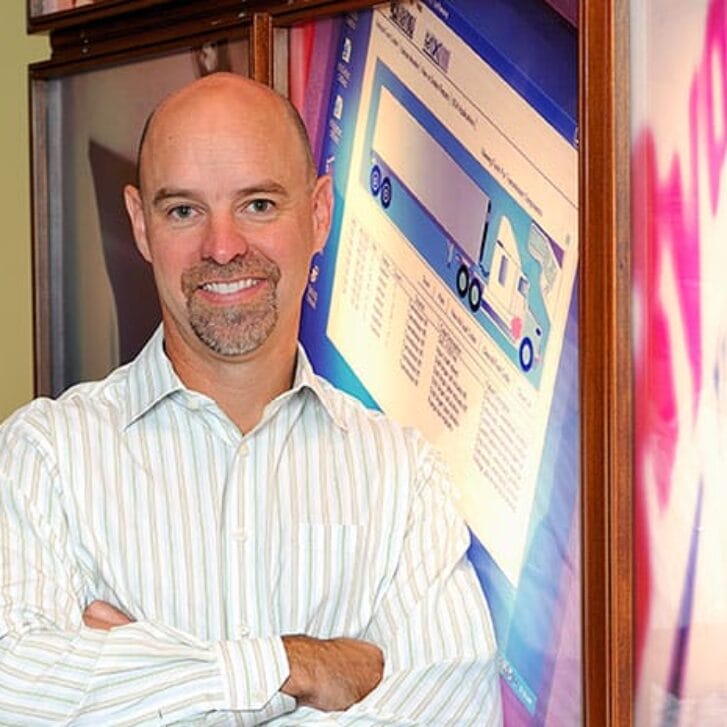Mark Kingdon recently gave a speech in Italy to a group of cancer researchers. That same week, he had meetings around the world and across the U.S. with employees of Linden Labs, the company he guides as chief executive officer.
And he never left his California office.
Linden Labs is the developer of the multi-user virtual world Second Life, which has more than 10 million registered users worldwide — including individuals, businesses like IBM and universities such as Stanford and Harvard. Individuals create self-representing avatars (a computer-generated identity), buy and sell property, meet and socialize. Companies have used SL to hold shareholder meetings or to promote products. Universities are holding classes there.
Since Kingdon took the CEO’s chair at San Francisco-based Linden Labs in May, he’s used SL for everything from overseas presentations and company meetings to connecting with friends on the opposite coast by hanging out with them in virtual bars and listening to live music.
Courtesy of Linden Labs
“That’s the thing that’s so amazing about Second Life — it lowers geographic boundaries. If we were meeting in Second Life, we could see each other’s avatars… It’s a really great platform to collaborate and do business,” Kingdon said during a telephone interview, noting that such an old-fashioned means of communication seemed odd to him these days.
Kingdon isn’t the stereotype of a programming genius. Instead, he says, “I’m more of a business guy, a management person… My domain expertise is in marketing and user experience.”
Which may mean he’s exactly what Second Life needs. The current application, Kingdon said, is “highly complex and was not designed for a casual user.” Start-up can take hours — frustrating, challenging hours — as users create their avatars, convert real dollars into Linden dollars, build homes and businesses. One of Kingdon’s first major initiatives is to change that, to redesign the application so “the whole first hour a user spends in Second Life is delightful and intuitive.”
Old-School Preparation for Tech Challenge
He knows a lot about change and innovation. The California native graduated from UCLA in 1986 with a degree in economics and finished his MBA in marketing and management at Wharton in 1988. After graduation, he took a job at a New York consulting firm, eventually landing at PricewaterhouseCoopers. He spent 12 years there, holding a variety of senior positions and becoming a partner in the consulting division as well as overseeing premerger planning and post-merger implementation of the largest merger in the history of global services.
Kingdon left the company to join the newly formed New York branch of the business incubator idealab. Howard Morgan, a former Wharton professor was one of the idealab folks who helped bring Kingdon aboard. He had the perfect background for guiding entrepreneurs, Morgan said: Kingdon was an analytical thinker who was able to listen to someone’s ideas and guide them without being discouraging.
“Mark is excellent at guiding people,” Morgan said. “He always wants to learn something new. That’s why he went from the accounting side of the world to the Internet side. He wanted to try different things.”
When idealab in New York faltered after the dotcom bust, Kingdon took on the CEO role at Organic Inc., a digital communications agency. The company was struggling when he joined; he turned it around, and helped take it from public to private ownership.
When the opportunity at Linden Labs came along in early 2008, Kingdon was ready for a new challenge. As Mitch Wagner wrote on InformationWeek’s Digital Life Blog after Kingdon’s job announcement, “The Organic experience presumably makes him comfortable working with idiosyncratic, creative people. On the other hand, the experience at button-down PwC will hopefully help empower him to inject some starch and discipline into Linden Lab.”
Eroding Boundaries, Building Worlds
Kingdon now manages the company’s day-to-day operations and works closely with Philip Rosedale, the company’s founder, former CEO, and current chairman. It’s an incredible challenge: Second Life has its own economy and monetary system that does millions in transactions quarterly. Its many users are attentive to every change Linden Labs makes, and users will track Kingdon down “in-world” to share their opinions.
“The boundary between business and company is eroding more and more. The users feel like they’re such an integral part of the success of the company that they want to make sure their voices are heard,” he said. “It’s very different from the way companies interacted with customers 15 years ago.”
Does it feel strange, this blurring of worlds? “For the first 15 minutes, but after that, it becomes very natural,” Kingdon said. “That’s why people become extremely invested in their virtual presence…They’ve begun to erase the boundary between the virtual and the real.”


























